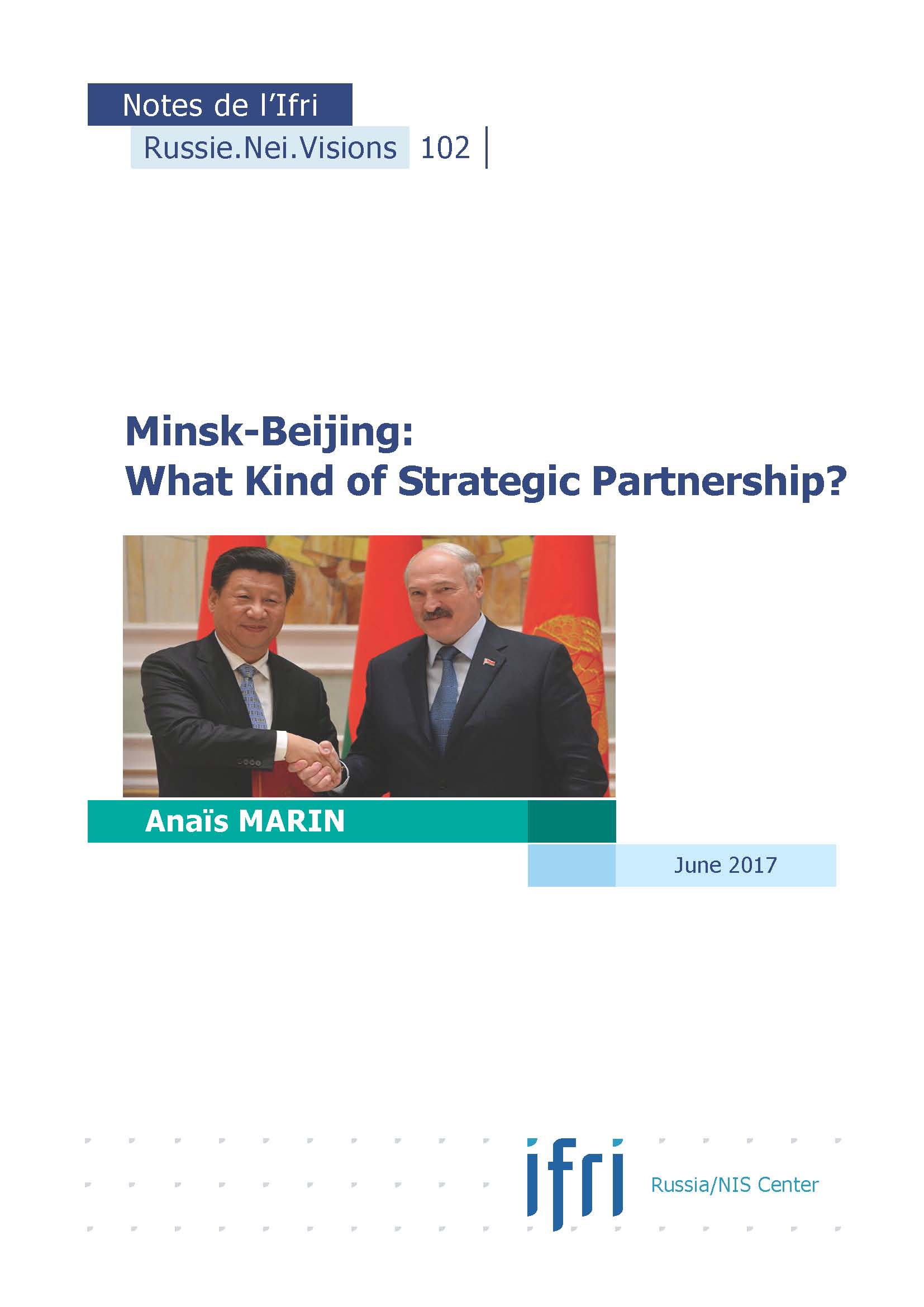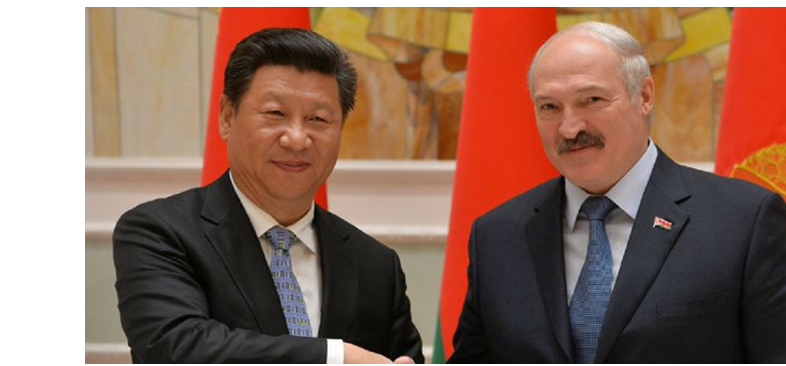Minsk-Beijing: What Kind of Strategic Partnership?

Sino-Belarusian relations are characterized by a gap between the quality and depth of the countries’ political partnership on the one hand, and the more limited economic reality of bilateral cooperation on the other.

Since they signed a “comprehensive strategic partnership” agreement in 2013, military-industrial cooperation has intensified, thereby substantiating Belarusian hopes for closer ties with China, which are meant to counterbalance Minsk’s complex relations with Moscow and Brussels. In the eyes of its Chinese partners, however, Belarus seems to enjoy only limited appeal compared with other central and eastern European (CEE) countries, which are more advanced on the road to economic transformation and better integrated into the global system.
Anaïs Marin is Assistant Professor and Marie Curie Fellow at Collegium Civitas in Warsaw, currently seconded to the European Union Institute for Security Studies as an associate analyst.
Download the full analysis
This page contains only a summary of our work. If you would like to have access to all the information from our research on the subject, you can download the full version in PDF format.
Minsk-Beijing: What Kind of Strategic Partnership?
Related centers and programs
Discover our other research centers and programsFind out more
Discover all our analysesThe Caspian Sea as an Emerging Energy Hub : Potentials and Limitations
This report analyzes the prospects of the Caspian Sea region — and its key actors except for Russia and Iran — becoming an important energy hub serving the needs of the European Union (EU).
The European Union's Strategic Test in Georgia
The political crisis brewing in Georgia is of an existential nature for the country. What is at stake is Georgia's future as a democratic and sovereign European nation (EU).
Commanders of Putin's Long War: Purged, Reshuffled and Disgruntled
The trend of reshuffling the Russian top military command in the course of a fast-evolving and far from successful war has progressed unevenly both across the Armed Forces’ structures and in time. The rationale for and timing of the abrupt cadre decisions made by Commander-in-Chief Putin often defy logical explanation, and the rare official clarifications are no more informative than the usual information blackout.
Russian Military Manpower After Two and a Half Years of War in Ukraine
In addition to a military victory in Ukraine, the Russian leadership is planning to build up sizable troop formations for a possible conflict with NATO in the Baltic region and the Kola Peninsula. In particular, current plans aim for the military manpower to grow by about 350,000, reaching a total of 1.5 million soldiers and commanders. In the context of the current conflict in Ukraine, this cannot be accomplished without a new wave of mass mobilization.












